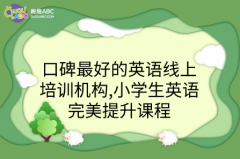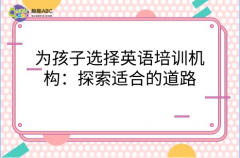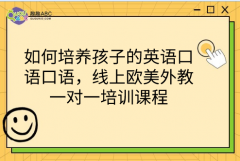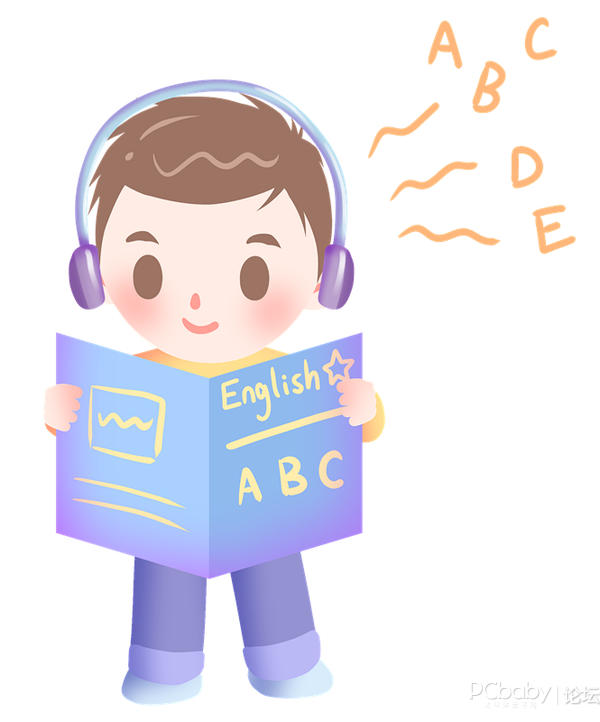In the 5th day of the fifth month of the Chinese lunar calendar, it is the traditional Dragon Boat Festival in China, also known as duyang, five and five. As early as the Zhou Dynasty, there was a custom of "storing lanes and bathing in May 5th". But today, many activities of Dragon Boat Festival are related to commemorating Qu Yuan, a great Chinese writer.
In the Warring States period, Chu and Qin scramble for hegemony, and the poet Qu Yuan was highly valued by the king of Chu. However, Qu Yuan's claim was opposed by the old official of Shangguan doctor Jin Shang. He continued to slander Qu Yuan in front of the king of Chu Huai, and the king of Chu Huai gradually alienated Qu Yuan, and the ambitious Qu Yuan felt much pain, and he was with a melancholy and indignation that was difficult to suppress. He wrote the immortal poems such as Li Sao and Tian Xiang. In 229 BC, Qin conquered eight cities in Chu state, and then sent envoys to King Chu Huai to go to the Qin state. Qu Yuan saw through the conspiracy of King Qin and risked death into the palace to state his interests. Instead of listening, Chu Huai Wang drove Qu Yuan out of Ying Du. When King Chu Huai arrived at the meeting as scheduled, he was imprisoned in Qin state. He was filled with regret and depression. He died in Qin after three years. Soon after the king of Chu defeated the king, he sent troops to attack the state of Chu. On the way of exile, Qu Yuan heard the death of King Huai king and the bad news of Ying City to break through.
The fishermen on the river and the people on the shore heard that Dr. Qu Yuan threw himself into the river and came to the river to salvage the corpse of Qu Yuan. (the custom later evolved into a dragon boat race). In addition, the Dragon poured the realgar wine into the river so that the animals could not be hurt. After a long time, a faint dragon was floating on the surface of the water, and the dragon was still covered with a piece of doctor's dress. People pulled the dragon on the shore, pulled out the tendons, then wrapped the dragon in the hands and neck of the children, then used the realgar wine, and some were still writing a "King" on the forehead of the children to make the poison. Snake pests don't dare to hurt them. From then on, at the beginning of May every year in the early May, the people of the state of Chu state the dragon boat on the river, throw the zongzi and drink the male yellow rice wine to commemorate the poet, the custom of the Dragon Boat Festival has been spread like this.

农历五月初五,是我国传统的端午节,又称端阳、重五、端五节。早在周朝,就有“五月五日,蓄兰而沐”的习俗。但今天端午节的众多活动都与纪念我国伟大的文学家屈原有关。
战国时代,楚秦争夺霸权,诗人屈原很受楚王器重,然而屈原的主张遭到上官大夫靳尚为首的守旧派的反对,不断在楚怀王的面前诋毁屈原,楚怀王渐渐疏远了屈原,有着远大抱负的屈原倍感痛心,他怀着难以抑制的忧郁悲愤,写出了《离骚》、《天向》等不朽诗篇。公元前229年,秦国攻占了楚国八座城池,接着又派使臣请楚怀王去秦国议和。屈原看破了秦王的阴谋,冒死进宫陈述利害,楚怀王不但不听,反而将屈原逐出郢都。楚怀王如期赴会,一到秦国就被囚禁起来,楚怀王悔恨交加,忧郁成疾,三年后客死于秦国。楚顷衰王即位不久,秦王又派兵攻打楚国,顷衰王仓惶撤离京城,秦兵攻占郢城。屈原在流放途中,接连听到楚怀王客死和郢城攻破的噩耗后,万念俱灰,仰天长叹一声,投入了滚滚激流的汩罗江。
江上的渔夫和岸上的百姓,听说屈原大夫投江自尽,都纷纷来到江上,奋力打捞屈原的尸体,(此风俗日后演变成赛龙舟)人们纷纷拿出家中的粽子、鸡蛋投入江中,让鱼吃了就不会去咬屈大夫尸身。还有郎中把雄黄酒倒入江中,以便药昏蛟龙水兽,使屈原大夫尸体免遭伤害。过不了多久,水面上浮起了一条昏晕的蛟龙,龙须上还沾著一片屈大夫的衣襟,人们就把这恶龙拉上岸,抽了筋,然後把龙筋缠在孩子们的手、脖子上,又用雄黄酒抹七窍,有的还在小孩子额头上写上一个“王”字,使那些毒蛇害虫都不敢来伤害他们。从此,每年五月初——屈原投江殉难日,楚国人民都到江上划龙舟,投粽子,喝雄黄酒,以此来纪念诗人,端午节的风俗就这样流传下来。

 400-009-0512
400-009-0512






 微信服务号
微信服务号 微信服务号
微信服务号